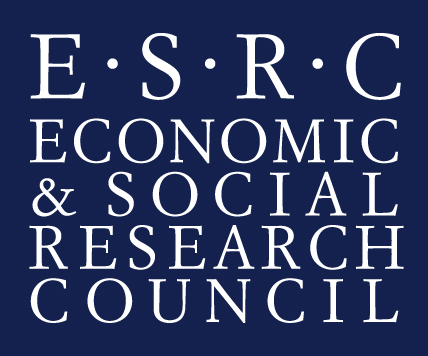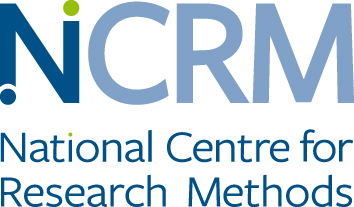Migrant mothers caring for the future: creative interventions in making new citizens
This network (2012-2014), funded by the AHRC (AH/K00591X/1 PI: Dr Umut Erel, Open University, Co-PI: Prof. Tracey Reynolds, University of Greenwich, Participatory Theatre Facilitator: Erene Kaptani) brought together academics, practitioners and migrant mothers to improve our understanding of how migrant mothers bring up their children. Through their work of caring for their children and negotiating cultural difference, as well as the social changes involved in migrating, migrant mothers make themselves as citizens. Public debates and policy often present migrant mothers as near the margins or boundaries of the nation they live in; they are seen as recipients of social services, in need of integration. This project turns this logic around and asks:
- If we take migrant mothers' work of raising children as an important social contribution seriously, what can we learn for understanding and theorizing citizenship?
- If we look at migrant mothers' contributions as making new forms of citizenship, can we improve our understanding of how to create multicultural, plural societies?
- What can we learn about these societies if we use the lens of migrant mothers' experiences?
The project combined a series of participatory theatre workshops and academic and practitioner seminars and conferences. You can view some of ways in which migrant mothers used theatre to reflect on their experiences.
Participatory Theatre
We have been undertaking participatory theatre workshop with a group of migrant mothers, where they constructed dramatic scenes of their choice on the topic of migration and mothering, using playback and forum theatre techniques (Boal 1979). The workshops re-imagine migrant mothers' caring and citizenship practices through performance practice.
These methods propose interventions in the participants' cultural and social context, producing interactive, emotionally as well as culturally rich data. Through participatory theatre's creative articulations of how migrant mothers 'enact citizenship', the research network co-produces theoretical and empirical knowledge with the migrant mothers, establishing a dialogical space where narratives of citizenship from 'marginalised' groups can challenge and rupture existing narratives of citizenship, as suggested by the theoretical notion of 'enacting citizenship'. The techniques of playback and forum theatre, as well as the reflections and discussions of participants about the scenes allow for an enactment of differences and conflicts between them, as well as recognition of shared positionings.

